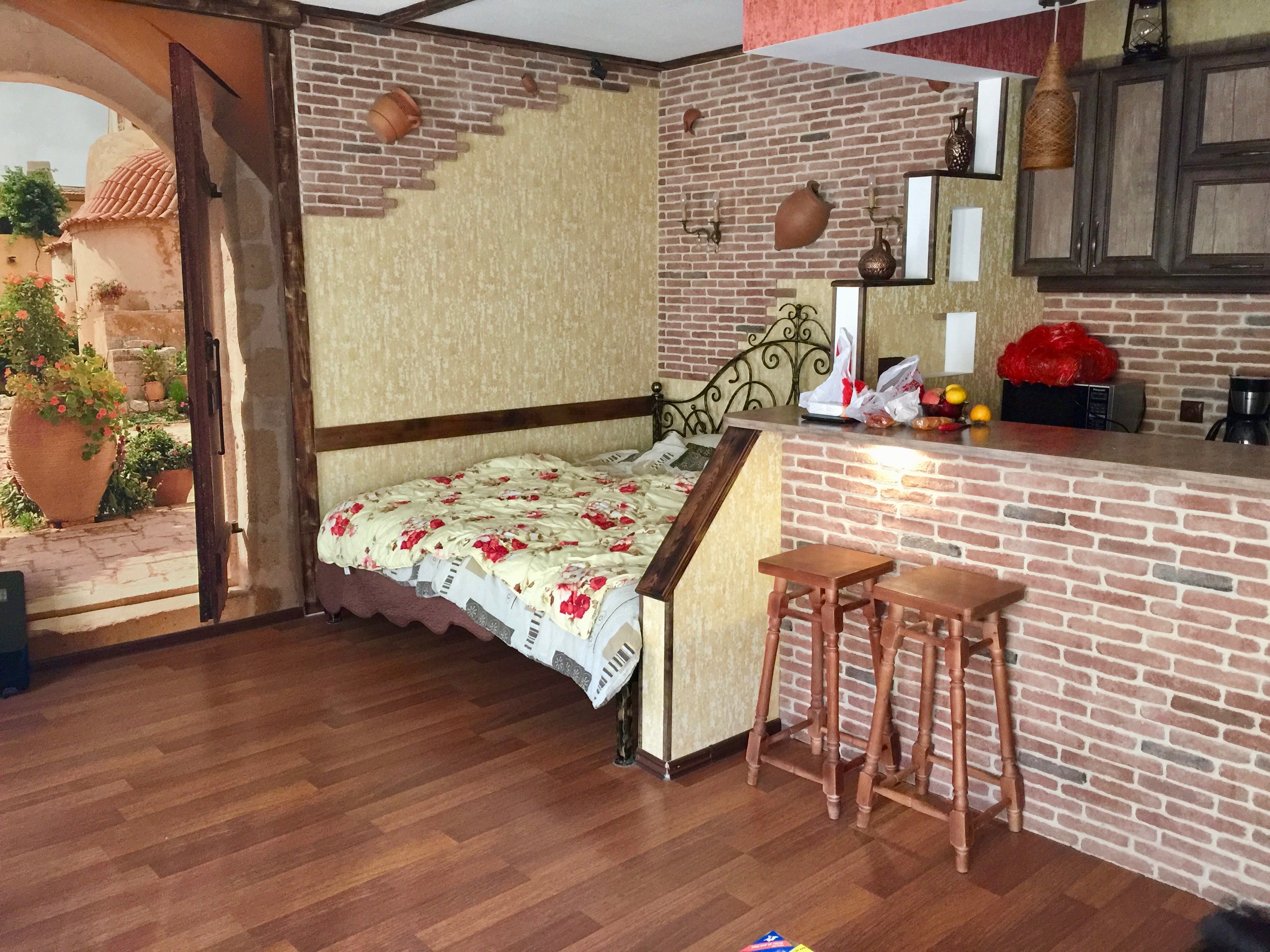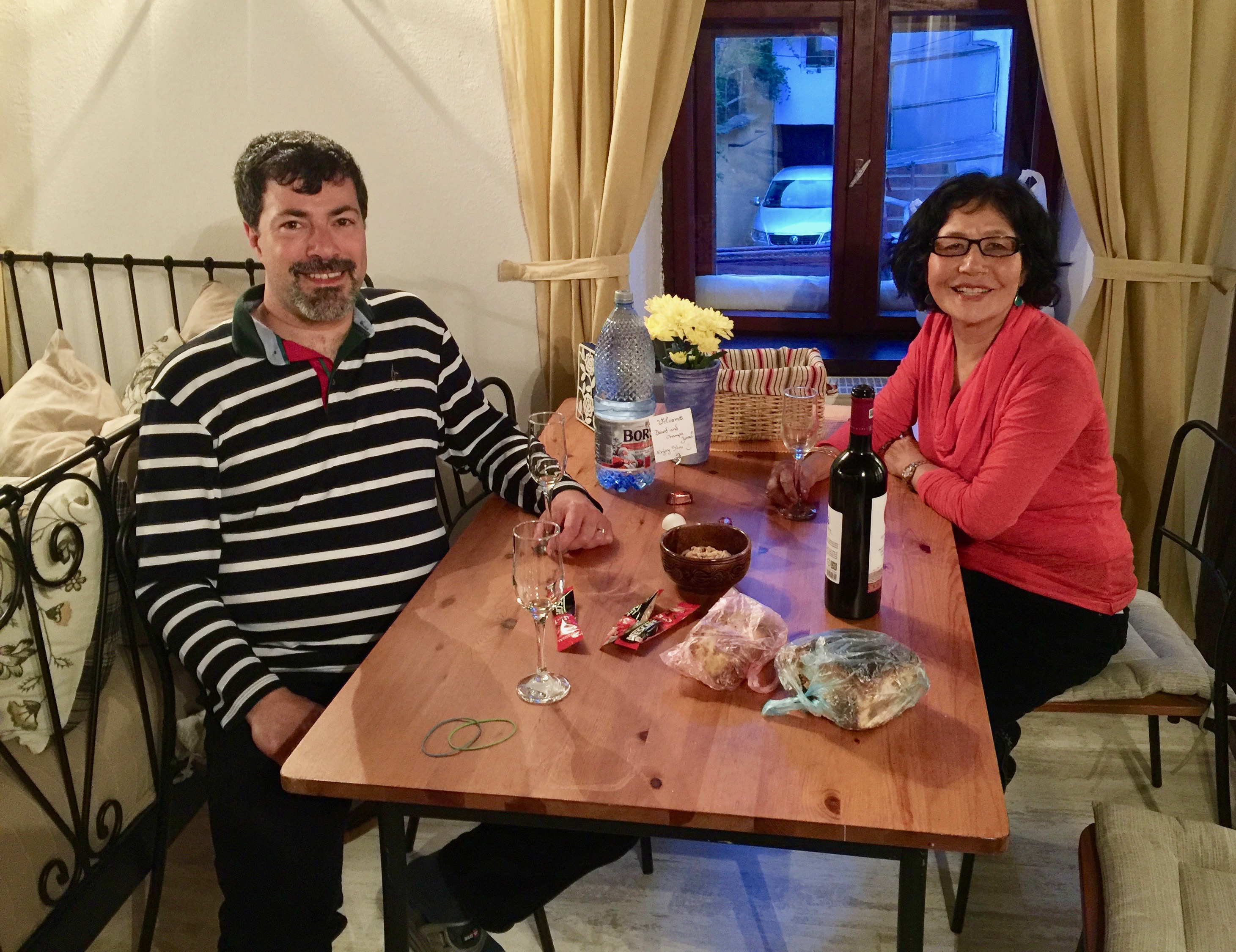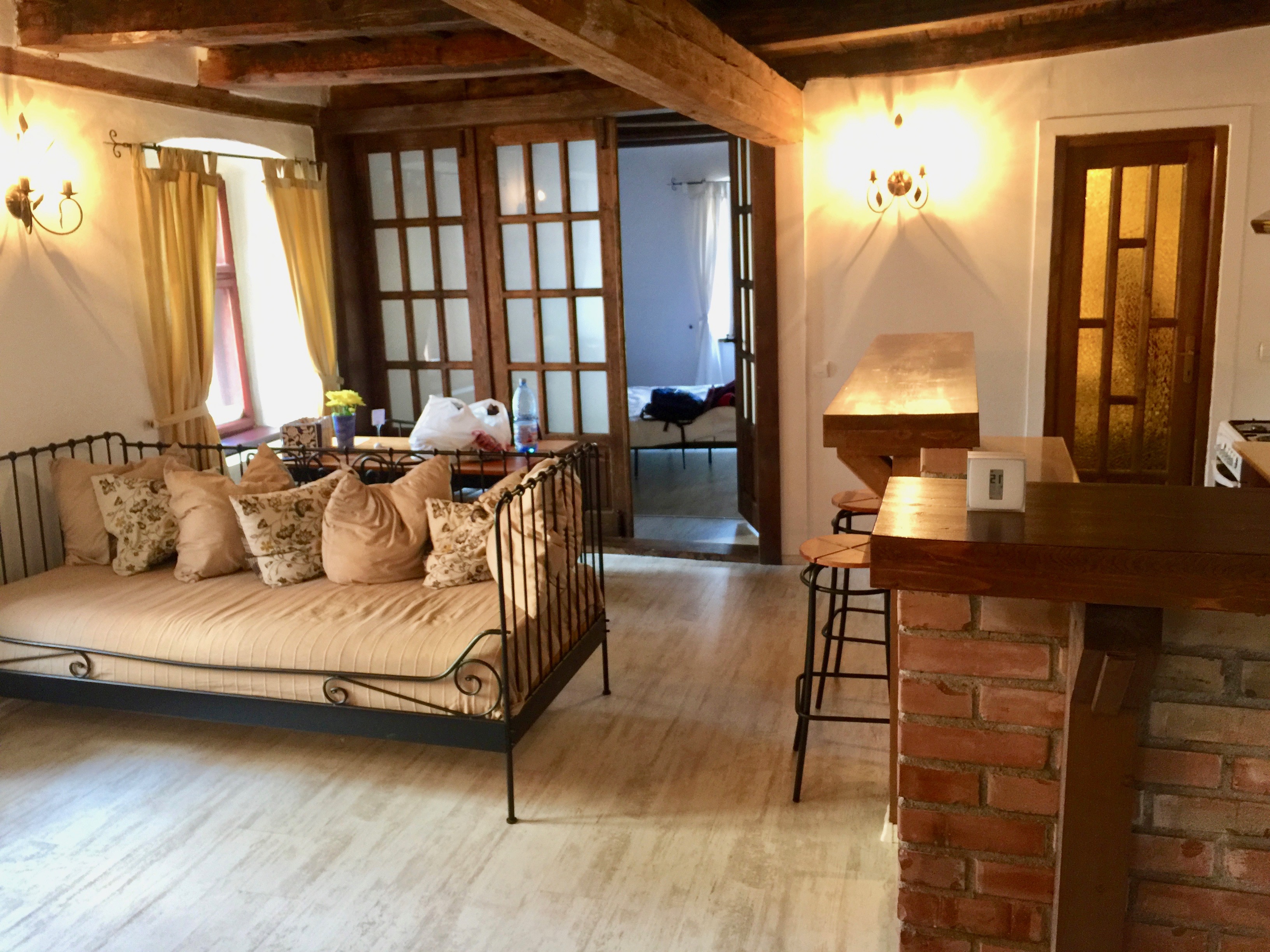Travel is my passion and I’ve learned a few things while visiting more than 60 countries and all 50 U.S. states. Looking ahead to 2024, I thought I’d share some “lessons learned” you might find helpful, too,
First, some caveats. Your preferences may differ from ours. Champa and I enjoy planning our own trips, exploring cities, hiking in beautiful places and exploring local cultures and food. We’re less interested in theme parks, spas, shopping and luxury. We prefer a new destination over returning to the same beach every year. We join groups only in certain situations. And, especially as older returned Peace Corps Volunteers, we know how fortunate we are to do any of this.
If any of that resonates with you, here are my dozen tips:
Use local experts. If you’re heading someplace where travel is relatively simple, you can probably plan and book everything yourself. Dozens of sites offer information about where to visit, stay and eat in, say, London or Toronto. It’s easy even in a place like Bruges, above, where English is widely understood. For more challenging spots, you might want to use a local planner, as I did for China, Vietnam and Romania. Local experts are easy enough to find online, do a great job and generally cost much less than a U.S. company (which may be using these same people as subcontractors). Why pay for the intermediary?
Take advantage of online itineraries. I check the online itineraries of trips from Rick Steves, Odysseys Unlimited and other companies. Then I work with a local company, or on my own, to plan the trip. I don’t feel guilty about using their information because I am willing to book their trip if their itinerary and price are good. We did this with an excellent South Africa trip from Friendly Planet.
Be wary of visits to arts centers. Your planner may suggest visits to local studios specializing in a region’s artistic specialties, such as porcelain or textiles. It can be fascinating to watch these artisans and you’re under no obligation to buy anything from them. But if this is going to make you uncomfortable, spend your time elsewhere. Tell the planner in advance about your preferences and review the itinerary carefully
Use free walking tours. As I’ve written previously, I’m a big fan of the free walking tours offered in many popular destinations. The guides work for tips, so are motivated to provide excellent service. (We always tip them generously if they’ve done a good job.) We usually take the tour soon after we arrive. It’s a great way to get the lay of the land and identify local highlights for possible return visits.
Note where walking tours start. If you’re wondering where to stay in a new city, use a trick we learned from our travel heroes, the Senior Nomads: Look for a hotel, Airbnb or hostel near the walking tour’s starting point. This puts you within walking distance of many sights. If these places are too expensive for your budget, you’ll still have a valuable reference point as you consider other locations.
Use Google Maps. You probably use Google Maps already to plan driving trips or find a friend’s house. But it’s more powerful than that. I use it to explore cities on foot and find things I need, like a restaurant in Riga, a winery in Williamette or a tour in Tbilisi. You can also check the weather, find the best times to visit places, create a custom map or download maps for cities where you may have limited Internet access. I stay connected with an international plan from T-Mobile.
Use Google Translate. Online translations have improved dramatically. I now feel much more comfortable traveling in places where I don’t know the local alphabet or language. If I need to communicate, I just speak or type into Google Translate and show the translation. If I can’t understand a local menu or sign, I point my phone camera at the text and read the translation. It’s usually imperfect but good enough.
Charge in local currency. In many countries, cash remains the best way to buy things, whether because of custom (as in Nepal), rapid inflation (Argentina) or limited technology and connectivity. Generally, though, you can pay with a credit card. Be sure to get one that doesn’t add fees every time you use it abroad. If the merchant asks whether you want to process the transaction in dollars or local currency, choose the latter, even though this may seem counterintuitive. The credit card company will convert the charge into dollars at the international exchange rate whereas a transaction made in dollars uses a rate set by local banks or merchants, which is usually worse.
Take advantage of travel credit cards. If you’re a loyal customer of an airline, hotel chain or other travel company, you may already be using their credit card and enjoying the benefits. If you’re less loyal, like me, you can take advantage of introductory offers. United Airlines gave me enough miles to book two long flights after I made some purchases with their Visa card. Before my free year expired, I canceled that card and took advantage of a similar offer from Delta. After Champa and I visit South America next month, we’ll fly home for free.
Use taxi apps. Until recently, I was nervous about taxi drivers in foreign countries, wondering whether they would cheat me. Uber and similar services have eased that problem. When we were in Qatar last year, for example, I used Uber to travel from the airport to the hotel, and then around the capital city, Doha. The driver understood where I wanted to go and the price was fixed. Uber doesn’t work everywhere so, if necessary, I download a local app in advance. In Moldova, I used Yandex Go; in Thailand, I used Bolt. You pay with cash with these apps but they work fine and are much less stressful than haggling with a foreign driver.
Think twice before pre-ordering a visa. If you’re traveling to a country that requires a visa, you’ll probably buy it online — a process that’s become much simpler. Countries now send you QR codes or downloadable visas after you submit the paperwork. Sometimes they require you to do this before you travel. If you can wait until you actually arrive, though, that’s often the best option. It’s usually quick and you’ll avoid paying the fees, which can be substantial, until you’re sure your plans haven’t changed. Check online beforehand and see what other travelers suggest.
Buy a luggage scale. Everyone has their favorite travel device: a pillow, a cosmetics kit or something else. Mine is the small hand-held luggage scale I use to weigh suitcases before heading to the airport. It shows the weight in both pounds and kilograms. No longer do I approach airline counters wondering whether my bags are too heavy and subject to hefty fees
I know these tips address only some of the many questions you may have as a traveler, but I hope you found them helpful. If you have tips of your own, please share them here for me and others to use.
Happy travels in 2024!

















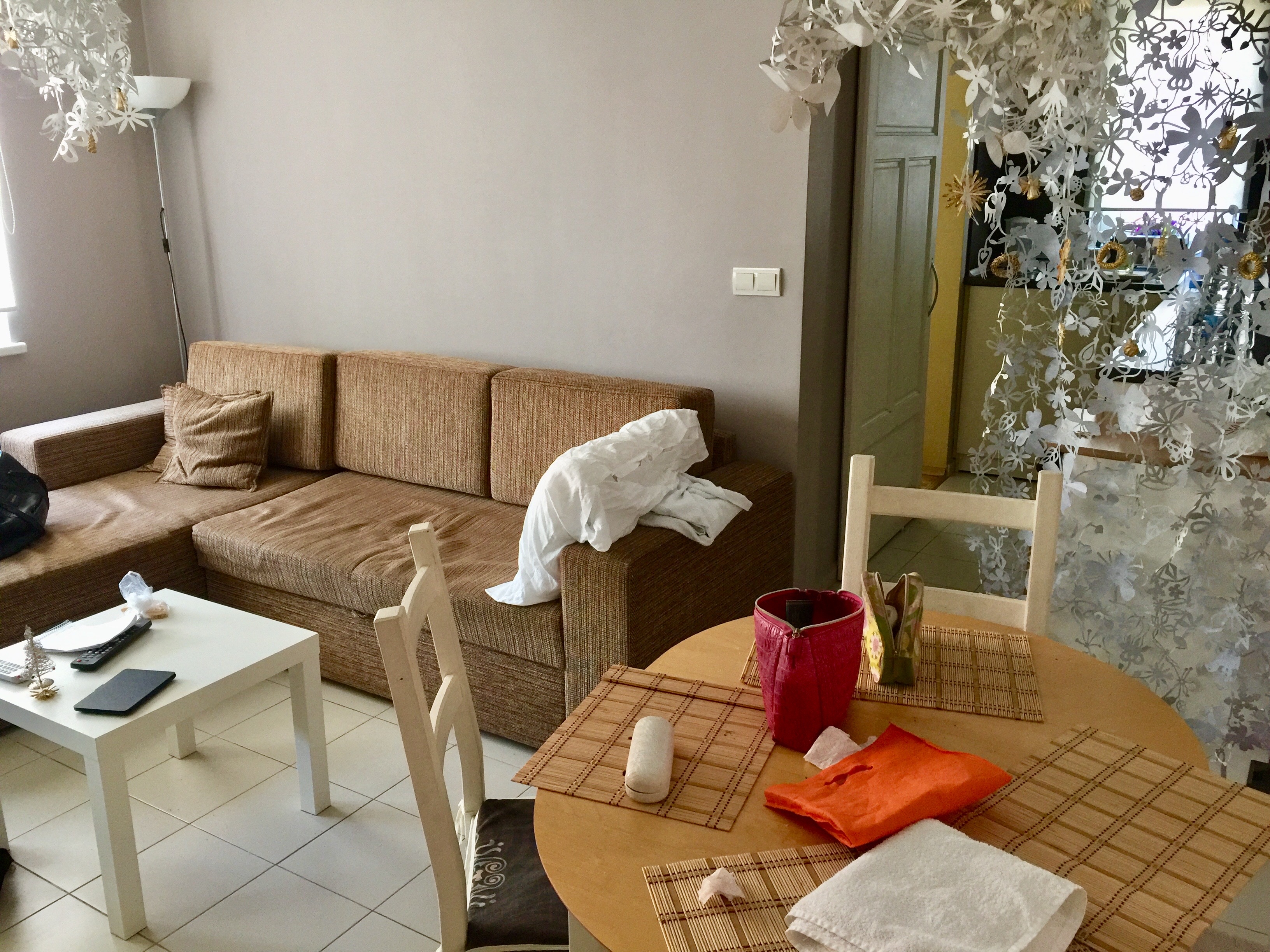
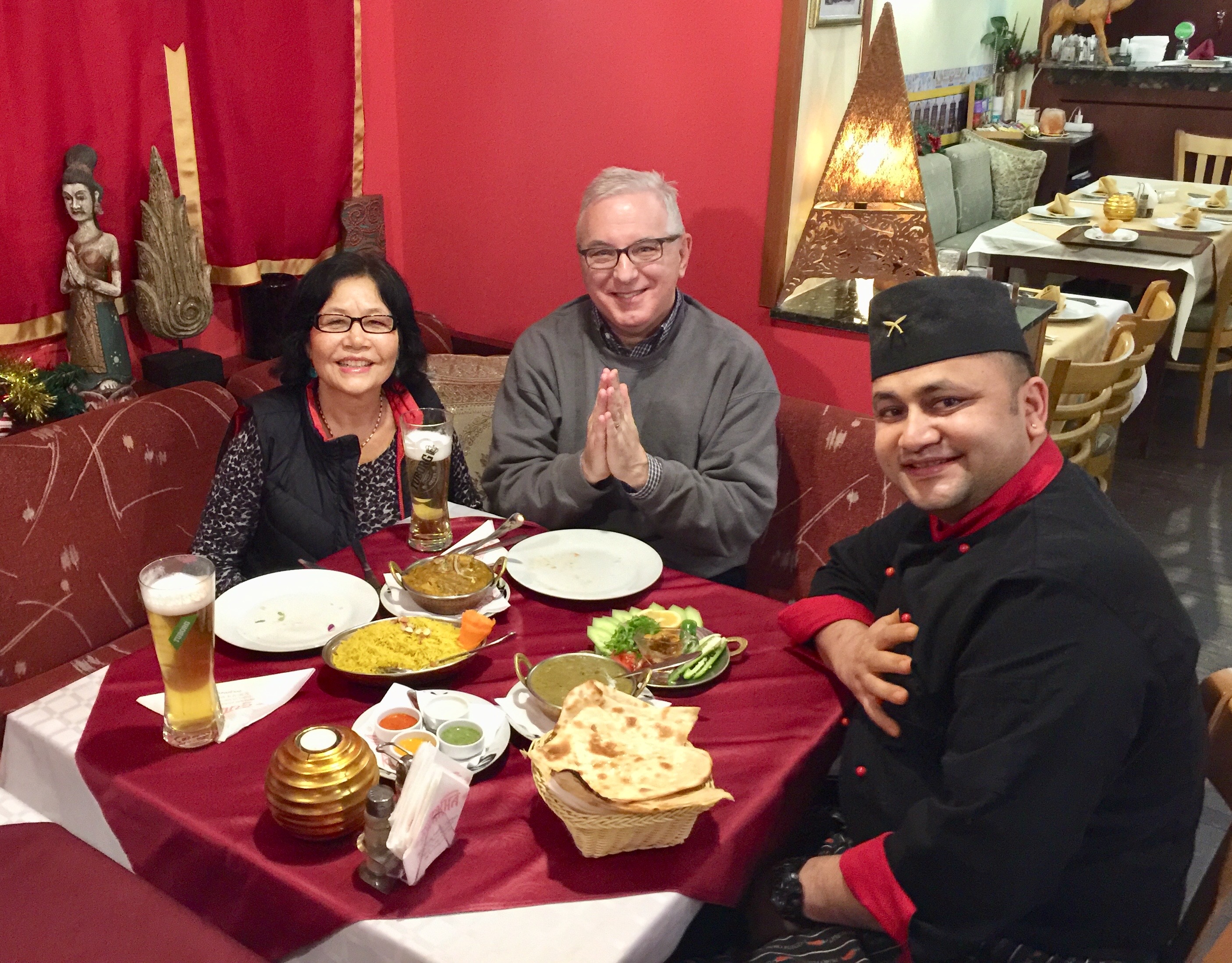 All three hosts were helpful and responsive. The woman who welcomed us to
All three hosts were helpful and responsive. The woman who welcomed us to 